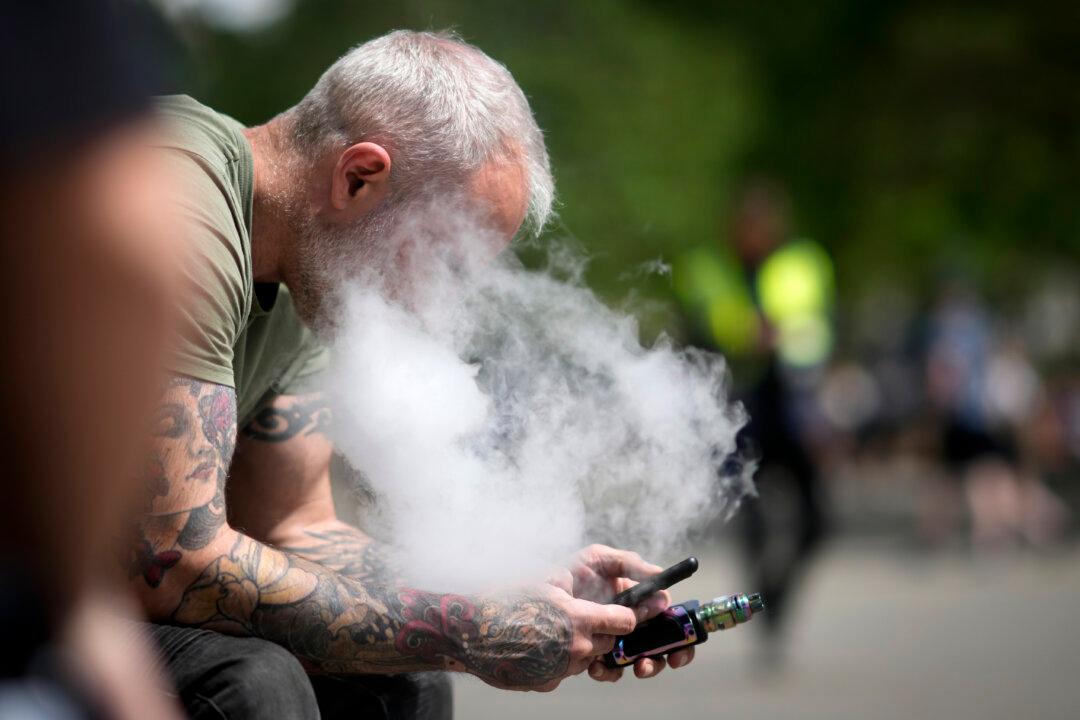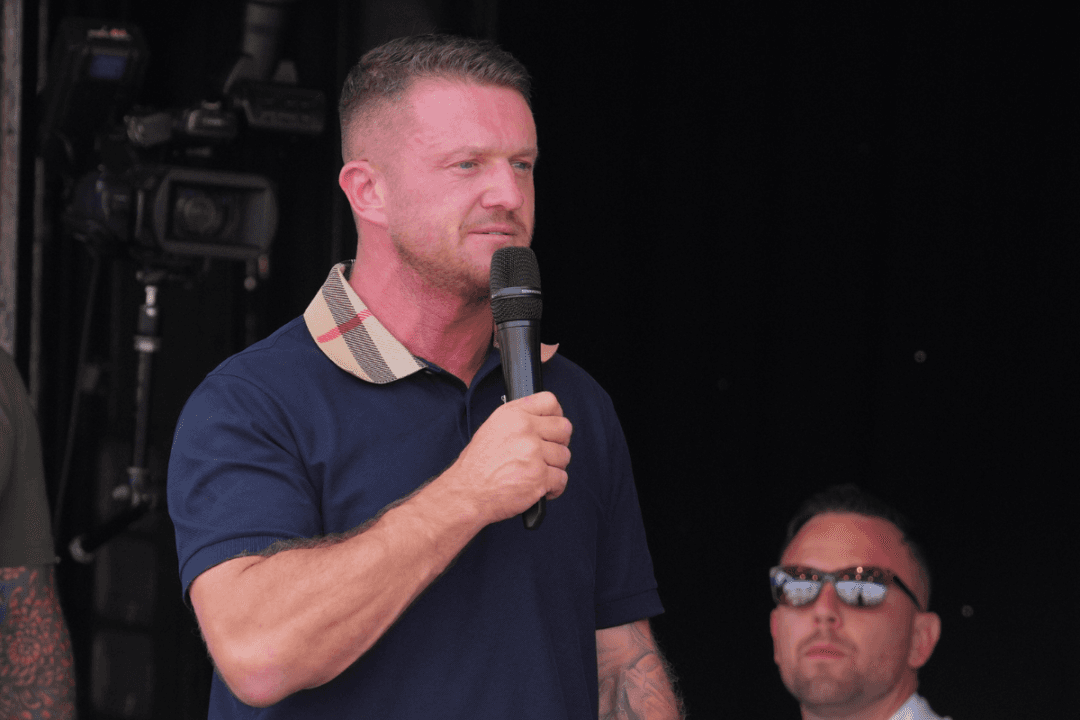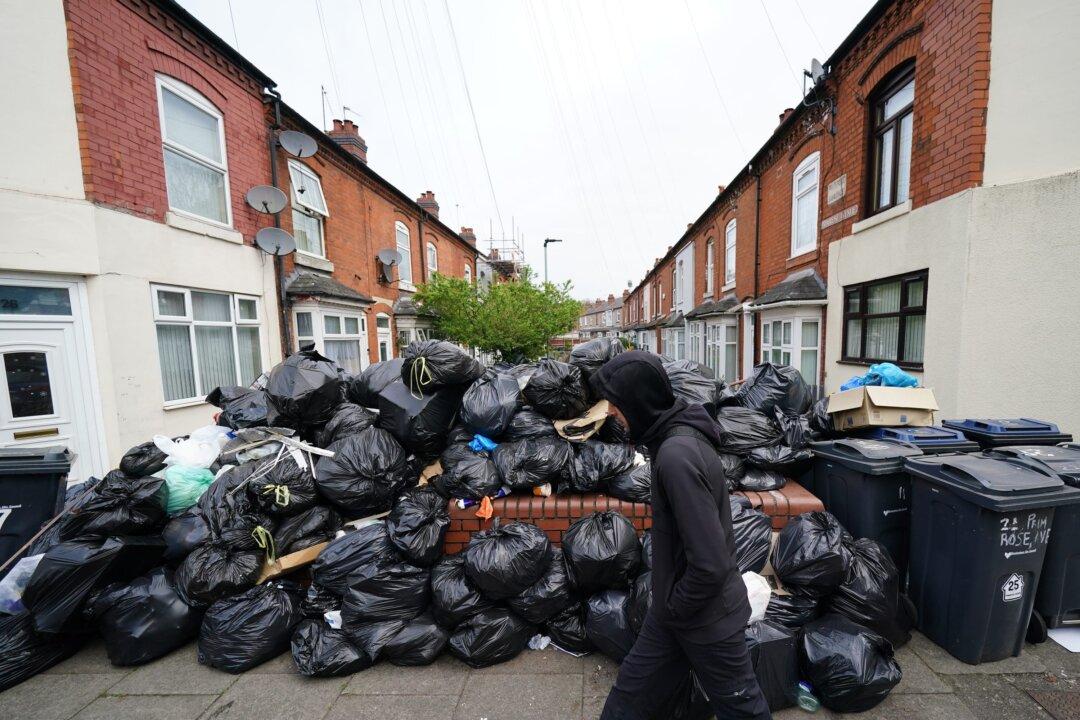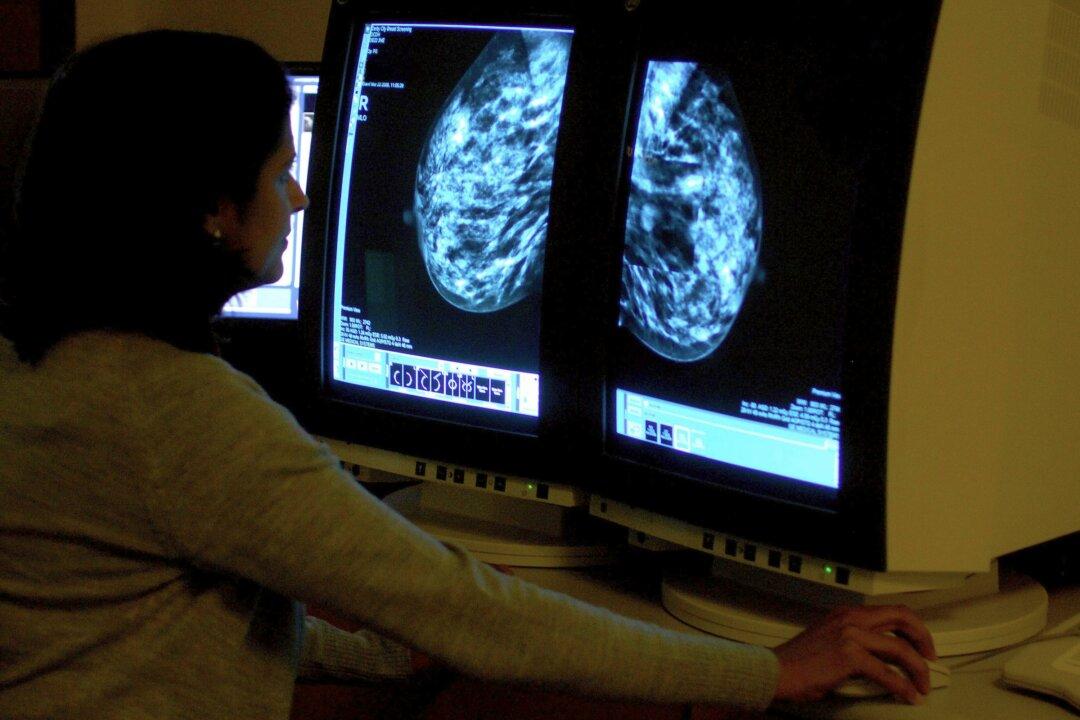Confirmed monkeypox cases in the UK have more than doubled to 57.
The figure, released by the UK Health Security Agency (UKHSA) on Monday, was an increase from the previously confirmed 20 cases.
There are 56 confirmed cases in England and Scotland confirmed its first case on Monday.
Northern Ireland’s Public Health Agency and Public Health Wales each said they have had no confirmed cases.
Health officials said that while the outbreak is “significant and concerning”, the risk to the UK population remains low.
The Government has stocks of the smallpox vaccine which is being offered to very close contacts of those affected.
Those at the highest risk of contracting the disease are being asked to self-isolate at home for 21 days, with others warned to be on the lookout for symptoms.
Transmission between people is occurring in the UK, with a large proportion of cases identified in the gay, bisexual and men who have sex with other men community.
Monkeypox is not normally a sexually transmitted infection, but it can be passed on by direct contact during sex.
It can also be spread through touching clothing, bedding or towels used by someone with the monkeypox rash, and through the coughs and sneezes of somebody with the infection.
The disease is usually mild but can cause severe illness in some cases.
Symptoms include fever, headache, muscle aches, backache, swollen lymph nodes, chills and exhaustion.
A rash can develop, often beginning on the face, which then spreads to other parts of the body including the genitals.
Boris Johnson has said monkeypox is a rare disease but it is important to “keep an eye on it”.
The Prime Minister told reporters on a visit to a school in south-east London: “It’s basically a very rare disease and so far the consequences don’t seem to be very serious, but it’s important that we keep an eye on it and that’s exactly what the the new UK Health Security Agency is doing.”
Asked whether there should be quarantine for visitors or the use of the smallpox vaccine, Mr Johnson said: “As things stand the judgment is that it’s rare.
“I think we’re looking very carefully at the circumstances of transmission. It hasn’t yet proved fatal in any case that we know of, certainly not in this country.”
Downing Street said there are no plans to hold a meeting of the Cobra emergency committee over monkeypox, or to impose any travel bans.
The Prime Minister’s official spokesman said that while vaccines are being offered to close contacts, there are no plans for an “at scale” vaccination programme.
She added: “Because the virus spreads through close contact, we are urging everyone to be aware of any unusual rashes or lesions and to contact a sexual health service if they have any symptoms.”
Monkeypox is usually found in west Africa, and does not often spread elsewhere.
Sir Jeremy Farrar, an expert in infectious diseases, said so-called superspreader events are likely to be behind the rise in global cases.
Monkeypox has been reported in more than a dozen countries including Spain and Portugal, according to epidemiologists at Harvard University who are tracking the spread.
Sir Jeremy told BBC Radio 4’s Today programme: “The virus may have changed, but I think that’s unlikely. More likely is, I think, that the niche that this virus now finds itself in has allowed for some superspreader events and those individuals involved in that have then travelled to other parts of the world and taken the infection with them.”




